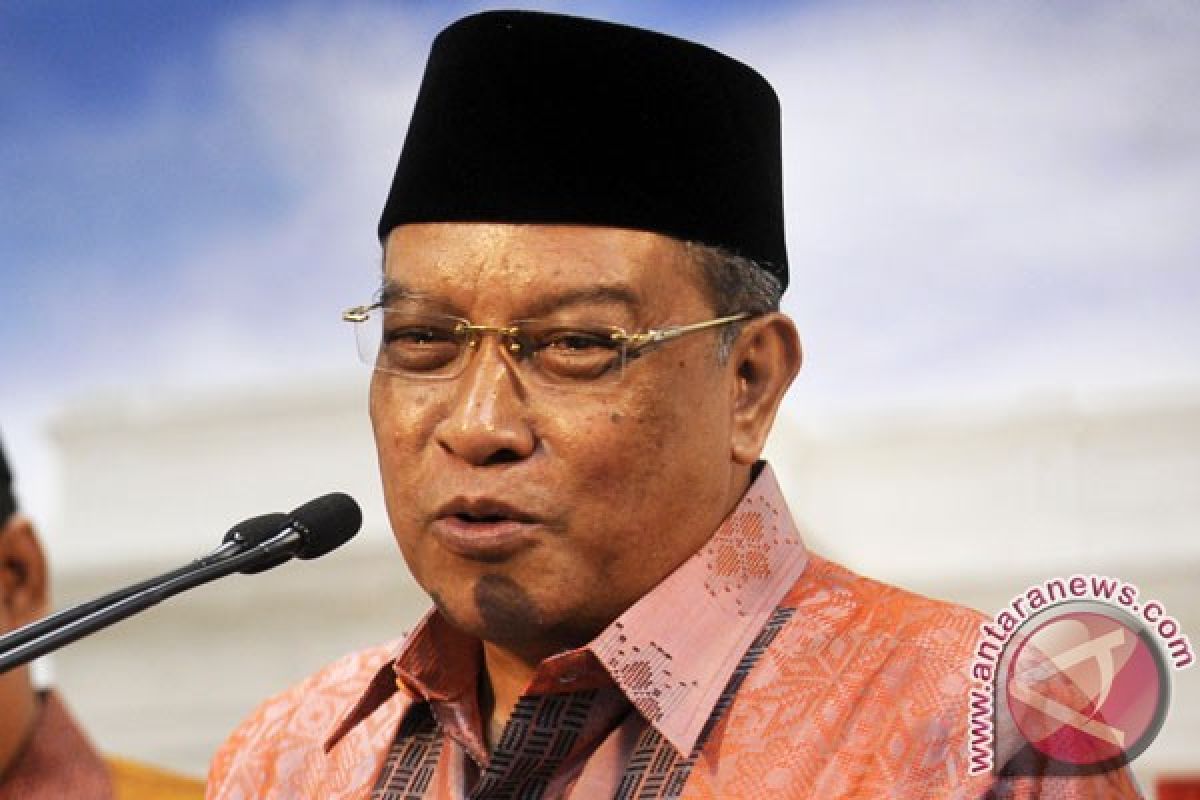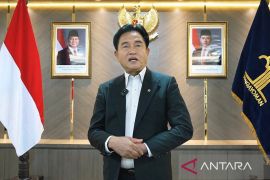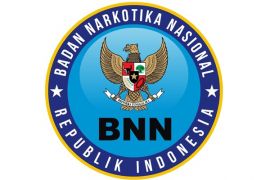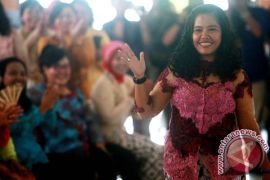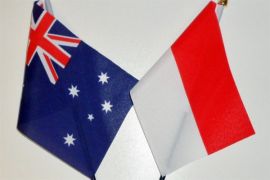"Based on the sense of justice NU would encourage the filing of a second judicial review of the sentence. As a second judicial review has ever been done this time it must also be able to be implemented," KH Said Aqil Siroj said.Jakarta (ANTARA News) - An Islamic leader has expressed disappointment over the Supreme Court`s decision to revoke the death penalty for the convicted owner of a narcotic drug factory, Hengky Gunawan.
KH Said Aqil Siroj, the chief of the country`s largest Islamic organization, Nahdlatul Ulama (NU), said here on Thursday efforts must be taken to file a second request for a judicial review of the case.
"Based on the sense of justice NU would encourage the filing of a second judicial review of the sentence. As a second judicial review has ever been done this time it must also be able to be implemented," he said.
He said to Islam someone who produces narcotic drug is categorized as "syirrir" namely a criminal that may never be able to change.
"Producer of narcotic drugs can be categorized as syirrir and deserves death penalty," he said.
The Islamic leader also said that trafficking and producing narcotic drugs are categorized as crimes that damage livelihood.
The punishment for those involved in them is having their hands or legs chopped or death, he said.
Asked over the court`s human rights reason for revoking the death penalty, Siroj said NU has its own interpretation.
Under the Islamic law those who commit crimes that destroy life deserved death, he said.
"If a death penalty runs counter to human rights narcotic drug producers are more than violating human rights. They have destroyed the nation and the right to live of those affected by drug addiction," he said.
The Supreme Court panel of judges presided over by Imron Anwari has accepted the request for a judicial review of Henky Gunawan`s death penalty submitted by the defendant.
The ruling automatically annulled the Supreme Court earlier ruling to sentence the defendant to death.
The judges quoting a reason said the death penalty is against Article 28 of the Constitution and Article 4 of Law Number 39 of 1999 on human rights.(*)
Editor: Heru Purwanto
Copyright © ANTARA 2012
